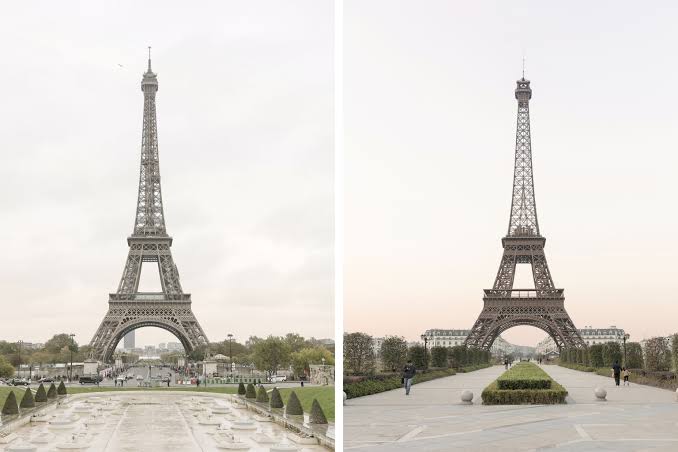

The goal was to replicate many of Paris' iconic landmarks, including a 108-meter-tall replica of the Eiffel Tower, European-style architecture, wide boulevards, and classical fountains.
In 2007, China decided it was going to give citizens a taste of what Paris looks like by recreating the city itself.
This attempt led to the development of Tianducheng, an ambitious real estate project located in the outskirts of Hangzhou, Zhejiang Province. The goal was to replicate many of Paris' iconic landmarks, including a 108-meter-tall replica of the Eiffel Tower, European-style architecture, wide boulevards, and classical fountains.
Basically, bring the charm and romance Paris is known for, to China. At first, it seemed like the plan was going quite well. Before long, Tianducheng had its own replica of Arc de Triomphe, Champs Elysées main square, French neoclassical-style buildings and a fountain from the Luxembourg Gardens.
The developers didn't stop there as they also recreated the second largest replica of the Eiffel Tower in the world after the Paris Las Vegas Hotel in Nevada which soon became the centerpiece of the city. Then the problem came. The developers were finding it hard to attract residents.
Tianducheng officially opened its doors in 2007 with an estimated capacity of 10,000 residents. But then, six years after this, it had just about 2000 people living there. It is believed that Tianducheng struggled to attract residents, because of lack of public amenities, limited job opportunities, and its relatively isolated location from the major city centre.
As time went by, the place became popular for its eerie atmosphere—Parisian facades with barely any people, making it more of a curiosity than a thriving community. It attracted photographers and tourists, who were intrigued by the unusual sight of a deserted Paris clone in China.
It didn't take long before people started referring to this Paris photocopy in China as a ghost town. In recent years however, Tianducheng has seen a gradual rise in population as China’s population has grown and housing demand increased.
But then, it still remains more of a niche attraction than the bustling Parisian paradise developers had thought it would turn out to be.
Read Full Story










Facebook
Twitter
Pinterest
Instagram
Google+
YouTube
LinkedIn
RSS